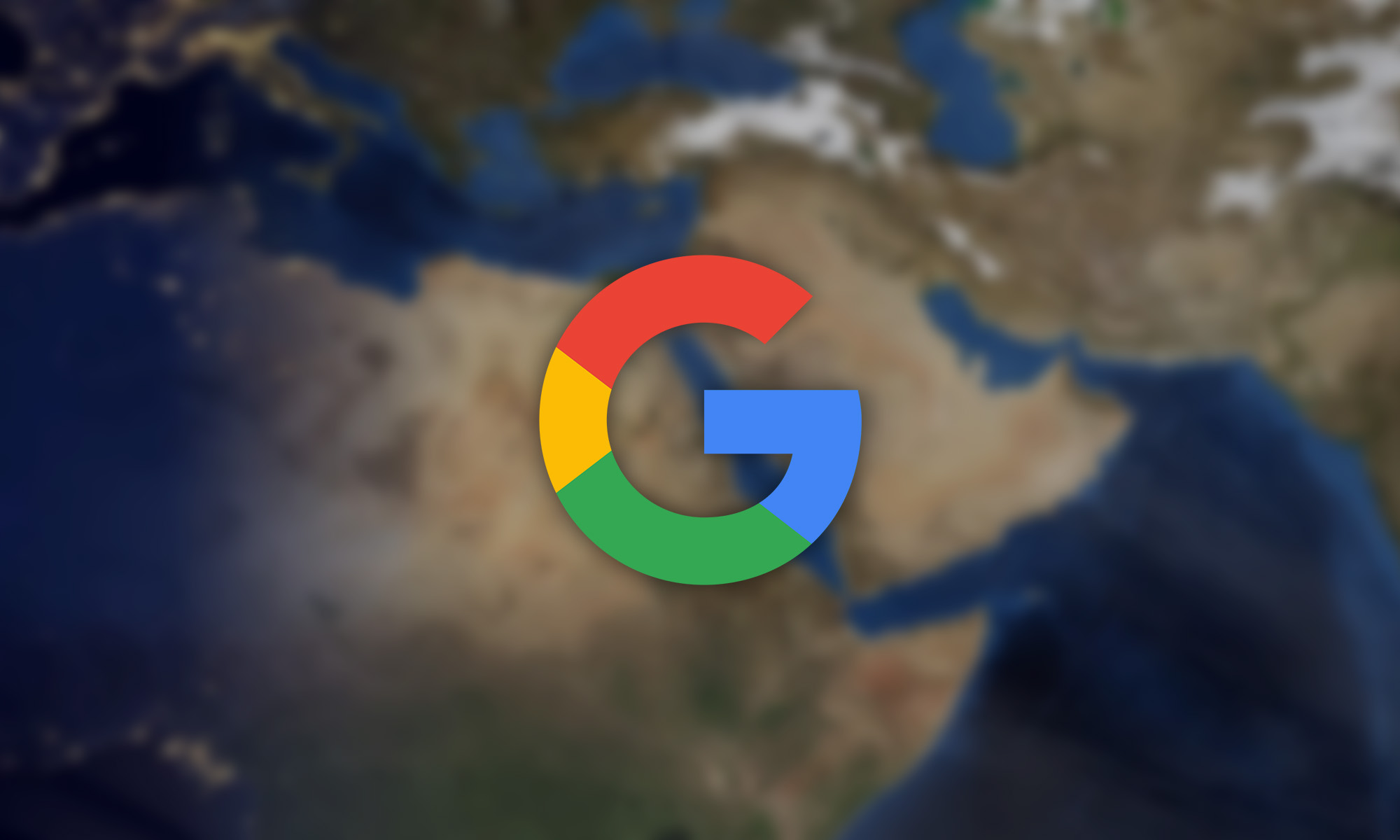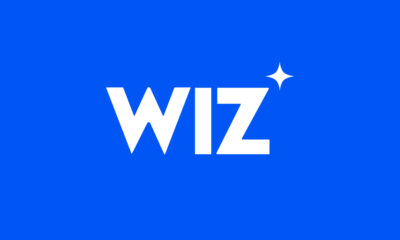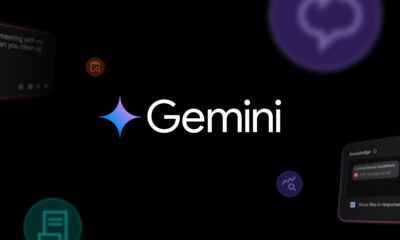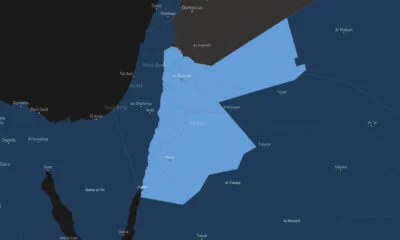News
Google Contributed Billions To The Middle East Economy In 2021
Google contributed over $3 billion to the economy in both the UAE and Saudi Arabia in 2021 alone.

For better or worse, Google is at the heart of the modern internet. Services like Google Search, Gmail, YouTube, Google Maps, and Google Drive are used by billions of people around the world, helping them find useful information, establish an online presence, and accomplish their goals, among many other things.
Interested to see how much value it contributes to the Middle East economy, the tech giant commissioned independent consultancy Public First to explore how Google’s products helped people, businesses, and workers, and the findings are astonishing: Google contributed over $3 billion to the economy in both the UAE and Saudi Arabia in 2021 alone.
To be more precise, Google helped support an estimated 12.2 billion SAR (or $3.25 billion) in economic activity in Saudi Arabia and AED 11.3 billion (or $3.08 billion) in the UAE.
In both countries, e-commerce played a vital role in Google’s contributions. Before the COVID-19 pandemic, people across the Middle East were fairly reluctant to shop online. Since the first wave of pandemic lockdowns restricted access to physical stores, e-commerce penetration more than doubled both in Saudi Arabia (from 5% to 10%) and the UAE (from 5.6% to 12.1%).
Other drivers of Google’s contributions include the company’s huge developer ecosystem or the various content creators it helped propel to stardom, such as the Iraqi creator known as Chef Shaheen, whose YouTube channel has around 2.4 million subscribers.
Also Read: How To Find Remote-Only Tech Jobs In 2023
“We see from the numbers that the content creator economy is growing massively…same thing for developers,” says Anthony Nakache, Google’s Managing Director in the Middle East and North Africa. “All signs are showing that there is a growth in the [digital] economy — all components are actually growing.”
On the flip side, any economy that becomes largely dependent on a single company can find itself in an unpleasant situation if the company stops being able to deliver its services, just like when the massive Facebook outage shook the internet in 2021.
News
Google Releases Veo 2 AI Video Tool To MENA Users
The state-of-the-art video generation model is now available in Gemini, offering realistic AI-generated videos with better physics, motion, and detail.

Starting today, users of Gemini Advanced in the MENA region — and globally — can tap into Veo 2, Google’s next-generation video model.
Originally unveiled in 2024, Veo 2 has now been fully integrated into Gemini, supporting multiple languages including Arabic and English. The rollout now brings Google’s most advanced video AI directly into the hands of everyday users.
Veo 2 builds on the foundations of its predecessor with a more sophisticated understanding of the physical world. It’s designed to produce high-fidelity video content with cinematic detail, realistic motion, and greater visual consistency across a wide range of subjects and styles. Whether recreating natural landscapes, human interactions, or stylized environments, the model is capable of interpreting and translating written prompts into eight-second 720p videos that feel almost handcrafted.
Users can generate content directly through the Gemini platform — either via the web or mobile apps. The experience is pretty straightforward: users enter a text-based prompt, and Veo 2 returns a video in 16:9 landscape format, delivered as an MP4 file. These aren’t just generic clips — they can reflect creative, abstract, or highly specific scenarios, making the tool especially useful for content creators, marketers, or anyone experimenting with visual storytelling.
Also Read: Getting Started With Google Gemini: A Beginner’s Guide
To ensure transparency, each video is embedded with SynthID — a digital watermark developed by Google’s DeepMind. The watermark is invisible to the human eye but persists across editing, compression, and sharing. It identifies the video as AI-generated, addressing concerns around misinformation and media authenticity.
While Veo 2 is still in its early phases of public rollout, the technology is part of a broader push by Google to democratize advanced AI tools. With text-to-image, code generation, and now video creation integrated into Gemini, Google is positioning the platform as a full-spectrum creative assistant.
Access to Veo 2 starts today and will continue expanding in the coming weeks. Interested users can try it out at gemini.google.com or through the Gemini app on Android and iOS.


























